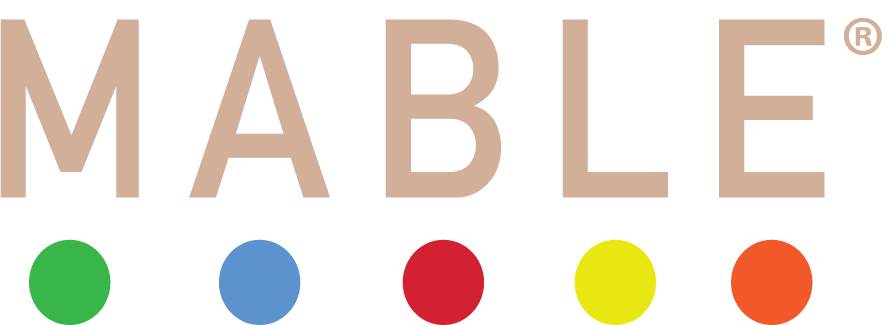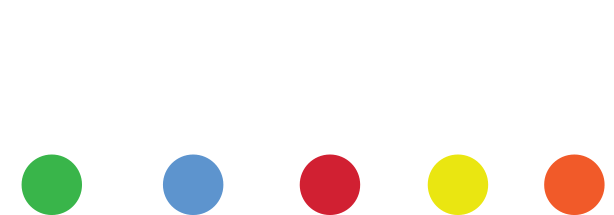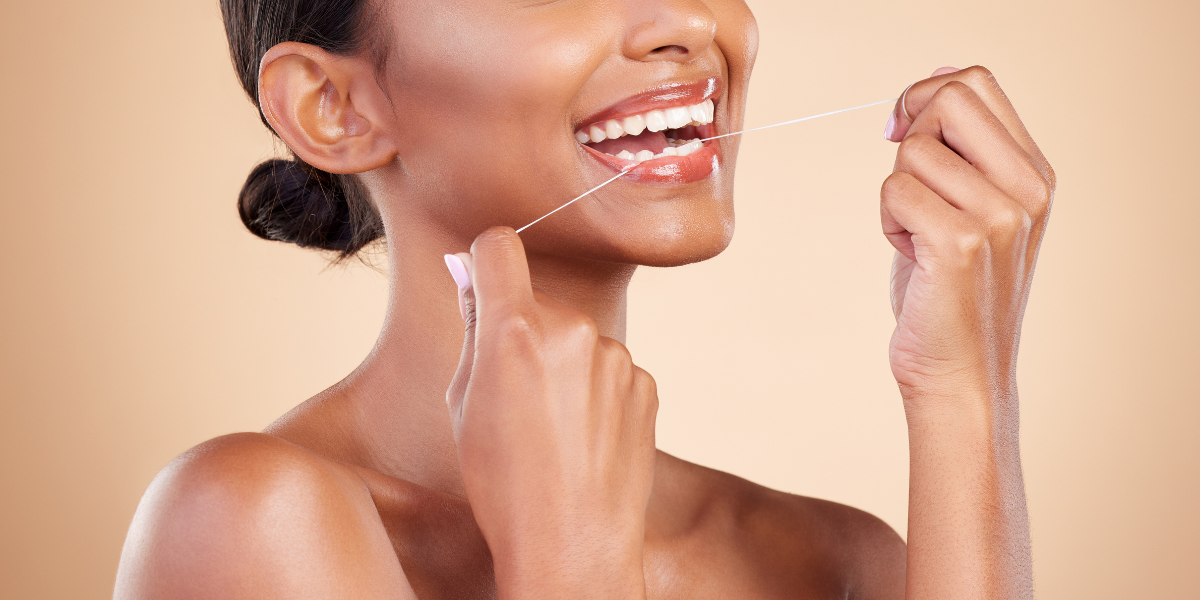The New Year often inspires people to declutter their homes and purge their material possessions, looking for a “fresh start.” So it’s no surprise that one of the earliest trends of 2019 has been sparked by Marie Kondo’s new Netflix show, Tidying Up.
You can probably think of numerous reasons why decluttering and getting organized is good for your mental wellbeing. Less stress, better hygiene, saving money by not repurchasing items you already had (but couldn’t find in the clutter). But tidying up your own space can actually do favors for the environment as well.
Reduce, Reuse, Recycle



We all know well the “Three R’s” mantra of eco-friendly behaviors. But you can’t do any of those things if your items are piled into the back of your closet. If material objects pile up, they’ll likely end up lost or ruined. Meaning the next time you need or want that item, you have to buy it again.
Not only is this inconvenient for your wallet, but it’s putting more pressure on the planet by requiring the manufacture of MORE STUFF. And this means using up more finite resources and generating more waste—both negatives for the environment.
The alternative is much more pleasant: your house is tidy and organized, you know where everything is, and you reduce unnecessary buying of more stuff. You’ve also had the chance to discard items you decide you don’t want. Whether that means disposing of them responsibly or, better yet, donating them to someone who can put them to good use—and find great joy in doing so!
Minimalism


The intentional reduction of clutter draws parallels with the practice of minimalism, which encourages living with less stuff as a way to create space—physically and mentally—to experience greater joy in life. And this particular pursuit of happiness has beneficial side effects for the environment.
One study found that our stuff contributes up to 60% of global greenhouse gas emissions. In other words, consumerism is one cause of climate change. The study reports that countries with the highest rates of consumerism had up to 5.5 times the impact on the environment as the world average.
While Marie Kondo’s “KonMari Method” of organization doesn’t necessarily encourage getting rid of your possessions on the same degree as minimalism, the idea of keeping only items that spark joy almost certainly means you’ll be down-sizing, and straying farther from compulsive consumerism.
Respect

Television shows about organization aren’t new. Remember Hoarders or Clean House? But if you weren’t familiar with the KonMari method before Tidying Up came along, one particular element probably stands apart from others: the idea of respecting your home and possessions.
Marie encourages us to show gratitude for our homes and material items for the ways that they serve us, and the joy that they bring. We can take a lesson from this practice and apply it not only to the way we regard and treat our homes and material items, but to our other home as well: our planet.
Creating space and joy in our own homes is a great place to start a new habit of tidiness. And with respect and gratitude for the Earth—the home that we all share—we may find ourselves tidying up more than just the books on our shelves and the clothes in our wardrobes.
Image Sources:





Share:
How to Accept Eco-unfriendly Gifts with Grace
Plastic Bans: Are they Working?